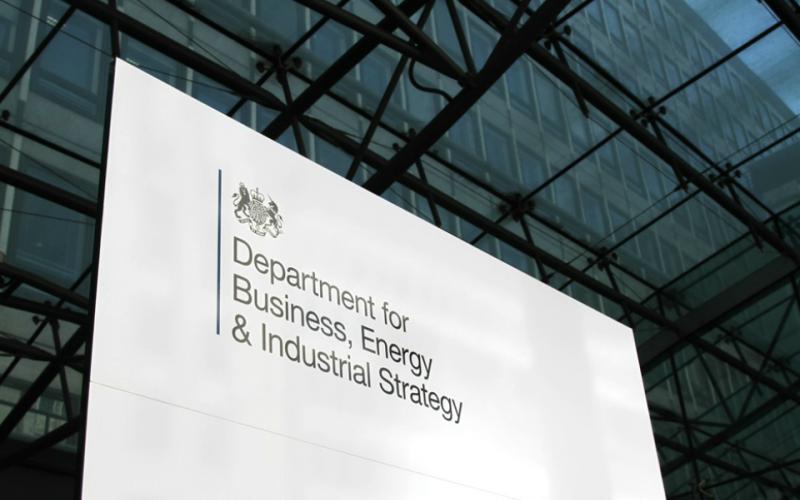The Department for Business, Energy and Industrial Strategy (BEIS) is to explore new options to tackle greenwashing amid concerns suppliers could be exaggerating the environmental benefits of their green tariffs.
Launched today (16 August), the review will explore the extent of greenwashing in the retail energy sector, whether the current system is suitably transparent and whether the rules around what can be called a green tariff are fit for purpose.
Currently, suppliers can market tariffs as green even if some of the energy supplied to customers comes from fossil fuels so long as this is offset by purchasing enough Renewable Energy Guarantee of Origin (REGO) certificates to cover their customer base. These determine the proportion of electricity that they source from renewable electricity generation.
The use of REGOs has been routinely criticised by the likes of Good Energy, which teamed up with ScottishPower in May to call for regulatory reforms to close “loopholes” in the energy retail market that allow for greenwashing.
Options now being explored by the government include looking at whether the system around REGOs needs to be smarter, alongside whether suppliers need to provide clearer information to households about their green tariffs, including the type of renewable energy used, where it was generated and when.
Over 9 million British households are now on green tariffs, with over half of all new electricity tariffs launched marketed as 100% renewable or green.
This includes British Gas’ 100% renewable tariff – launched in 2020 – which faced criticism for relying on REGOs. Similar complaints were raised against Shell Energy in 2019 for its renewable tariff, which also used REGOs.
Tariffs launched more recently include E.ON Next’s Next Drive and Climate+, both of which offer 100% renewable energy through REGOs.
Energy minister Anne-Marie Trevelyan said: “Millions of UK households are choosing to make the green switch and more and more of our energy comes from renewables. But I want people to know that when they sign up to a green tariff, they are investing in companies that make a conscious choice to invest in renewable energy.”






